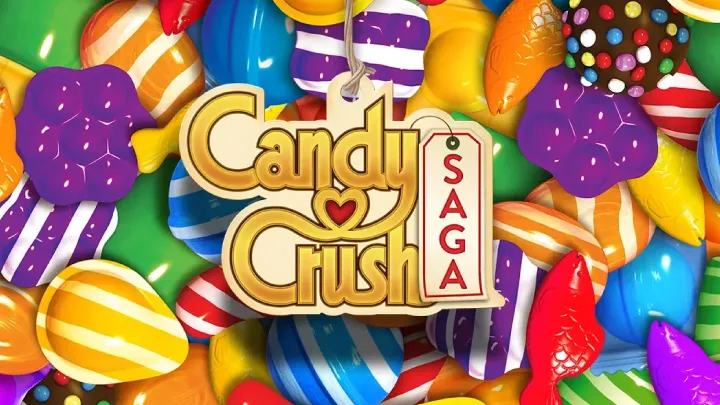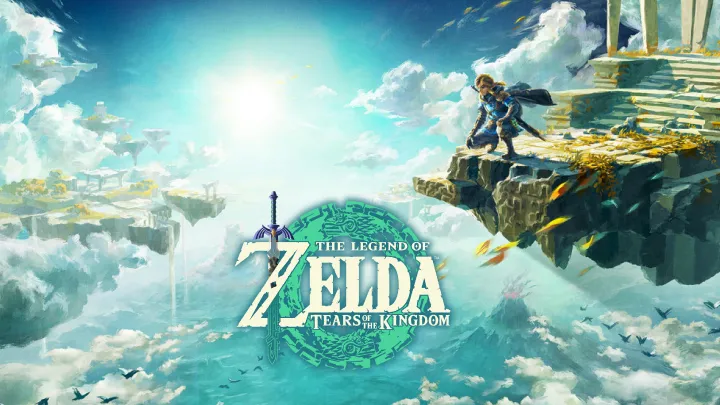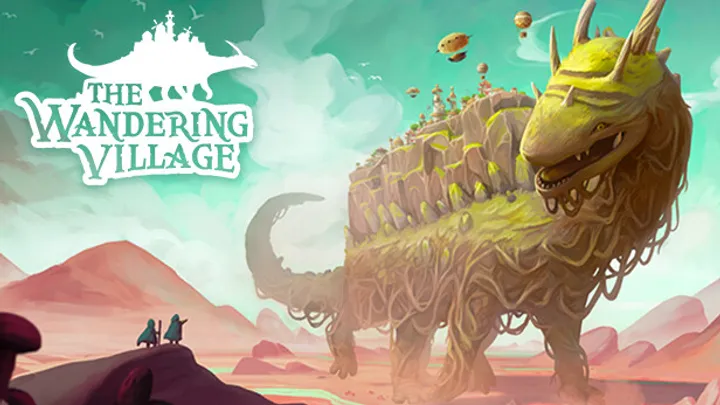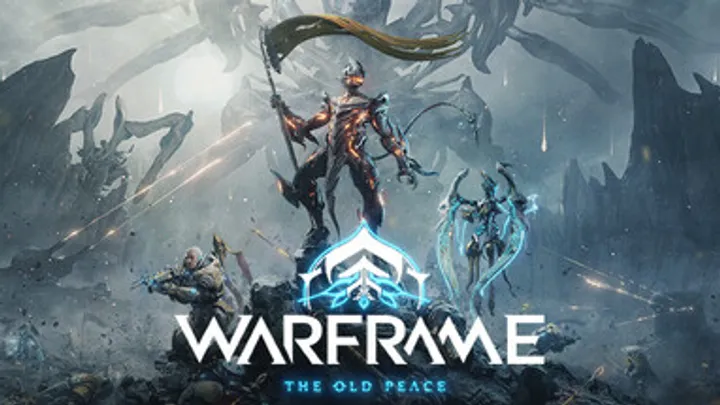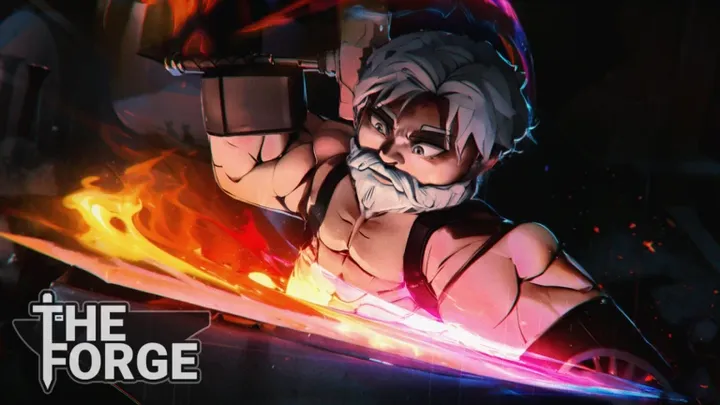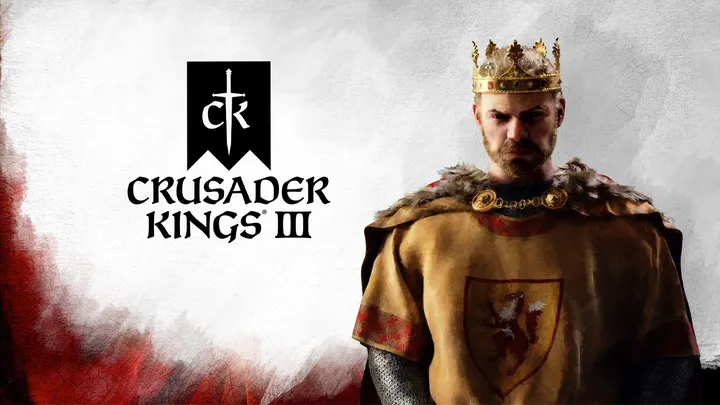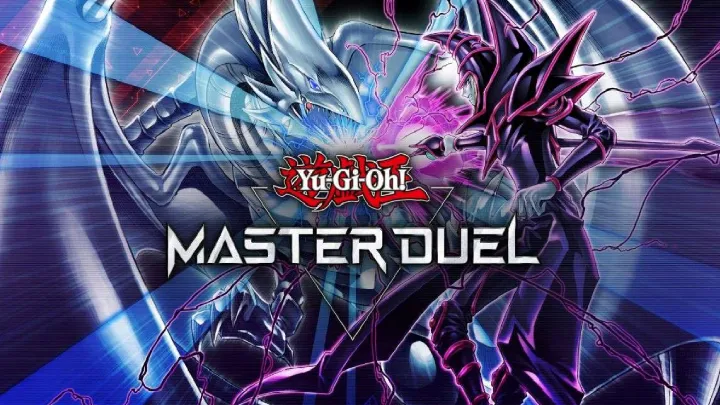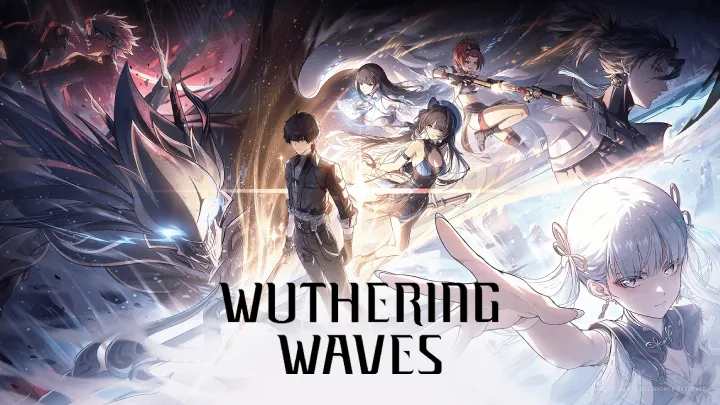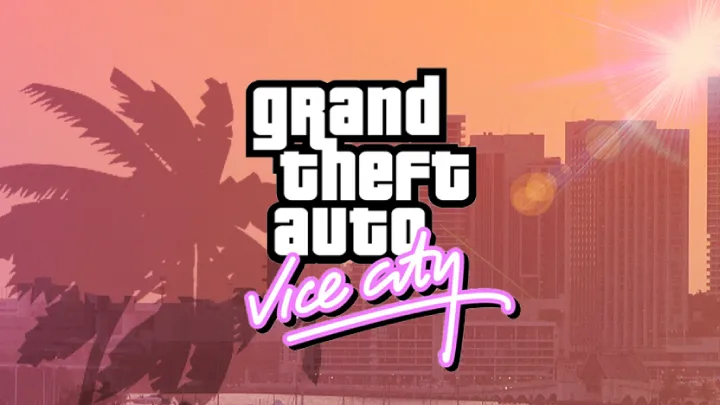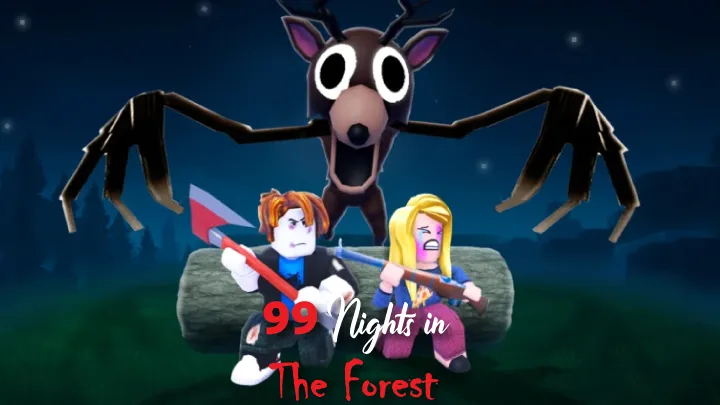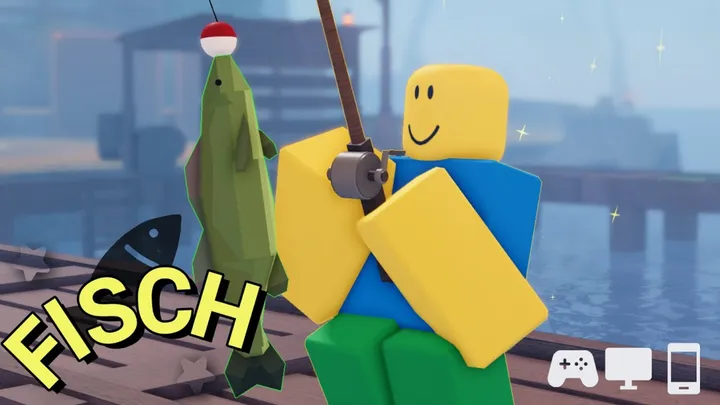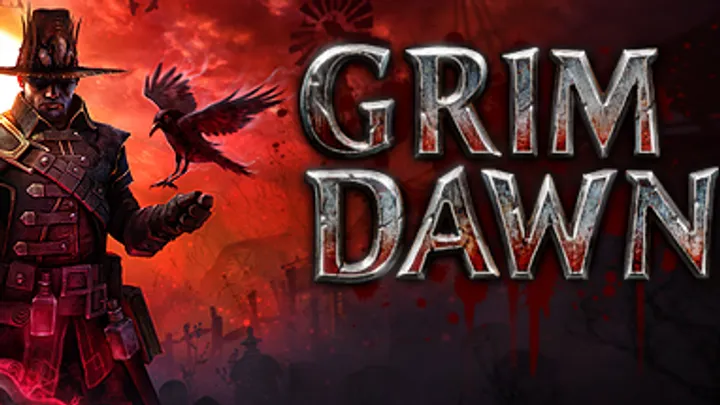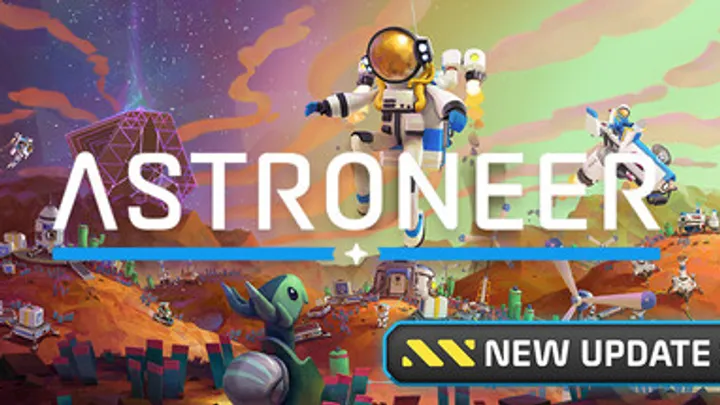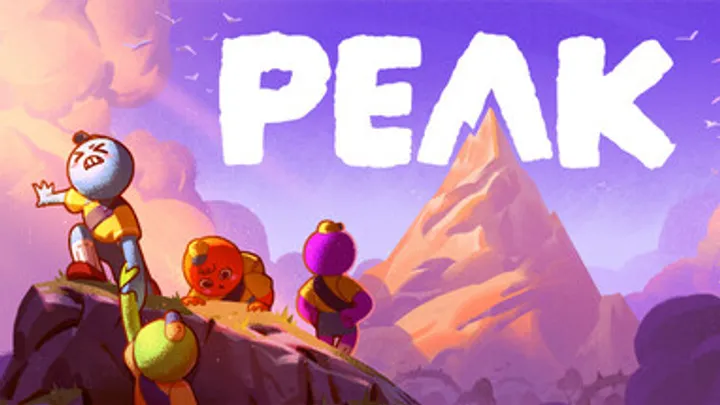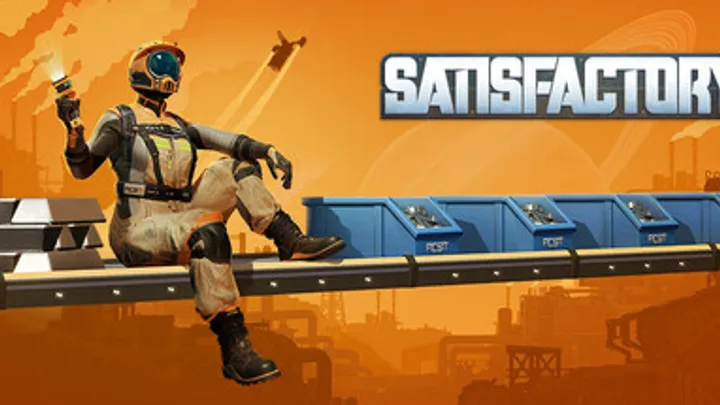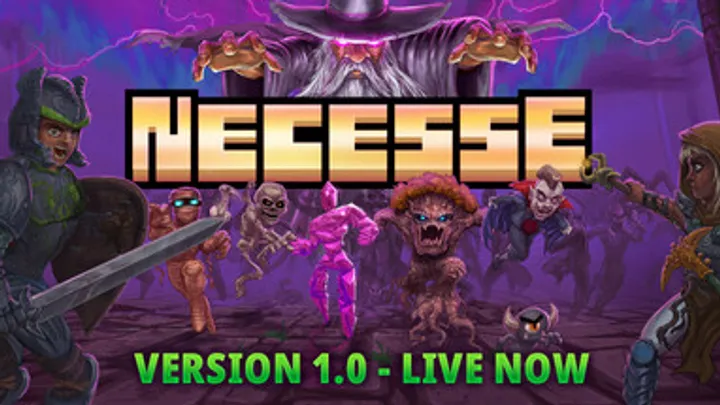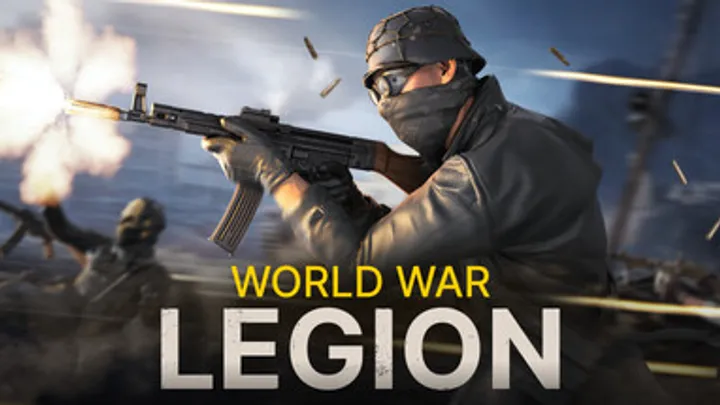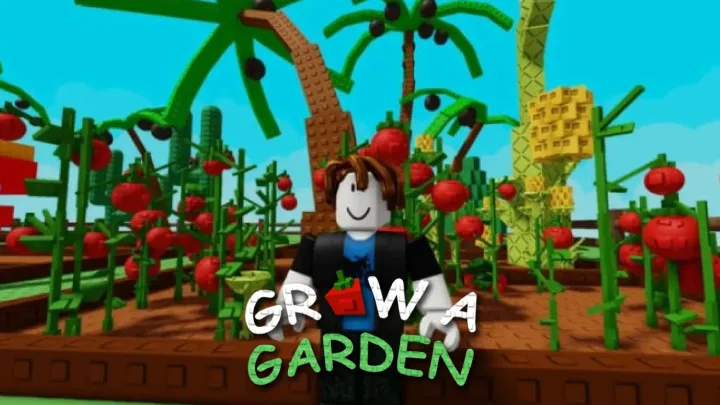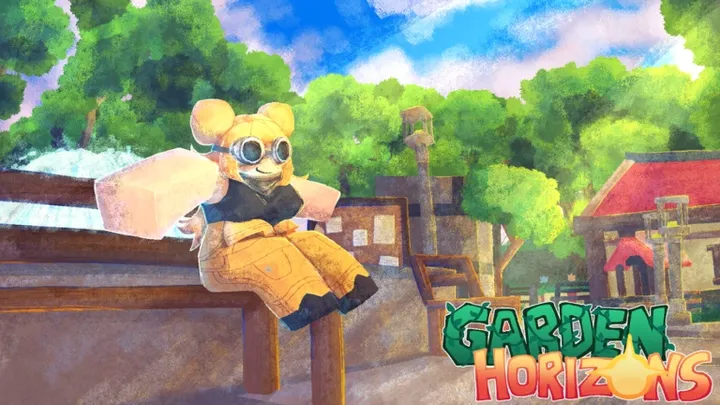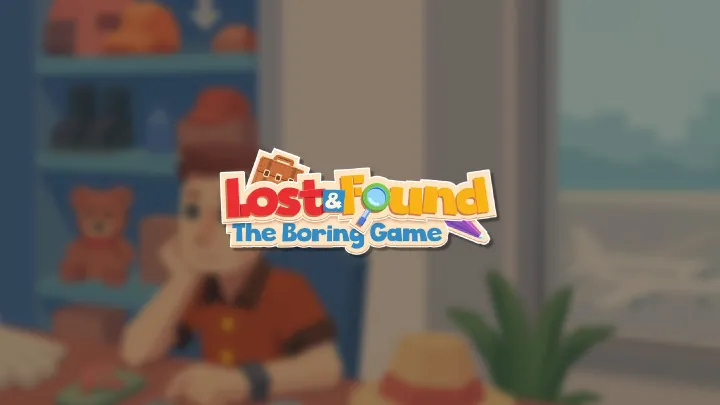Introduction
When Candy Crush Saga launched on Facebook in 2012 and later on mobile devices, few could have anticipated that this colorful match-3 puzzle game would become one of the most lucrative and enduring titles in mobile gaming history. Developed by King, Candy Crush Saga didn’t just popularize the match-3 genre — it redefined the free-to-play monetization model and became a cultural touchstone for casual gaming.
From an analyst’s perspective, Candy Crush Saga is a masterclass in player psychology, game economy design, and long-term retention strategy. It has consistently ranked among the top-grossing mobile games for over a decade, despite minimal reliance on cutting-edge graphics or competitive play.
1. Core Gameplay Loop
At its heart, Candy Crush Saga operates on a simple yet addictive loop:
- Level Start – Players are presented with a puzzle grid filled with colored candies.
- Matching – Swap adjacent candies to create matches of three or more, clearing them from the board.
- Special Candies – Create combinations (striped, wrapped, color bomb) for powerful effects.
- Level Objectives – Clear jelly, collect ingredients, or reach a target score.
- Progression – Advance to increasingly challenging levels.
The brilliance lies in the easy-to-learn, hard-to-master design, which caters to both casual and engaged players.
2. Difficulty Curve and Player Retention
Candy Crush employs a carefully engineered difficulty curve:
- Early Levels – High win rate to build confidence and habit formation.
- Mid-Game – Gradual introduction of blockers (licorice, chocolate, frosting) to increase complexity.
- Choke Points – Levels tuned to be intentionally challenging, nudging players toward boosters or extra moves.
- Variable Difficulty – Alternating “easy” and “hard” stages to maintain motivation and prevent burnout.
This psychological pacing ensures players remain hooked while gradually increasing their willingness to spend.
3. Monetization Model
King’s monetization strategy is purely free-to-play with heavy reliance on microtransactions:
- Lives System – Players have a limited number of lives that replenish over time; running out encourages either waiting or paying.
- Boosters & Extra Moves – Purchased for difficult levels, often at the moment of player frustration.
- Gold Bars – Premium currency for buying extra moves, lives, or boosters.
- Timed Events & Offers – Limited-time bundles drive urgency.
By monetizing time and progression frustration, Candy Crush effectively taps into loss aversion — players are more willing to spend to avoid losing progress.
4. Level Design and Content Pipeline
With over 10,000 levels as of 2025, Candy Crush maintains engagement through:
- Weekly Content Updates – New levels released in batches.
- Seasonal Themes – Visual refreshes tied to holidays or events.
- Special Modes – Timed challenges, tournaments, and leaderboards.
King’s ability to produce high-volume, consistent content is a key reason for its exceptional retention.
5. Player Psychology and Engagement Loops
Candy Crush leverages multiple psychological triggers:
- Variable Reward Scheduling – Unpredictable challenges and cascading candy effects keep the dopamine flowing.
- Social Proof – Leaderboards and friend progress comparisons encourage continued play.
- Appointment Gaming – Limited lives and event timers bring players back multiple times per day.
- FOMO – Time-limited events and streak rewards discourage breaks from the game.
These systems create a habit-forming loop that rivals even social media engagement.
6. Social Integration and Virality
Candy Crush’s early success was tied to Facebook integration:
- Players could send and request lives from friends.
- Level progression was publicly visible, creating subtle peer pressure.
- Invitations and leaderboards encouraged viral growth.
While Facebook’s influence has waned, in-game friend lists and leaderboards continue to drive social competition.
7. Technical Optimization
Although technically simple compared to 3D games, Candy Crush excels in:
- Lightweight Performance – Runs smoothly on low-end devices, maximizing reach in emerging markets.
- Offline Play – Levels can be played without an internet connection, with progress syncing later.
- Minimal Battery Drain – Encourages extended sessions.
This makes the game accessible to virtually any mobile user worldwide.
8. Cultural Impact
Candy Crush has achieved rare mainstream penetration:
- Featured in TV shows, movies, and celebrity endorsements.
- Played across all age groups, from teens to seniors.
- Synonymous with “mobile gaming” for non-gamers.
Its brand recognition rivals that of Tetris or Angry Birds.
9. Challenges and Criticisms
Despite its success, Candy Crush faces criticism:
- Pay-to-Progress Perception – Some players feel progression is gated by spending.
- Repetitive Gameplay – Limited innovation beyond new candy types and blockers.
- Over-Monetization – Aggressive pop-ups and offers can frustrate players.
10. Future Outlook
King is likely to sustain Candy Crush through:
- More Live Events – To keep long-term players engaged.
- Personalized Difficulty – AI-driven adjustments based on player performance.
- Cross-Platform Integration – Seamless play between mobile, desktop, and potential console versions.
- Partnerships – Brand collaborations similar to Fortnite’s crossovers (albeit more casual).
Given its scale and low development risk, Candy Crush could remain profitable for another decade.
Conclusion
From a business analyst’s standpoint, Candy Crush Saga is the gold standard for casual mobile free-to-play design. Its combination of simple mechanics, psychological retention strategies, and aggressive but effective monetization has kept it in the top charts for over 10 years.
While hardcore gamers may dismiss it as repetitive or overly monetized, the numbers speak for themselves — Candy Crush remains a financial juggernaut and a case study in how to design for mass-market appeal.
Final Verdict: Candy Crush Saga proves that you don’t need cutting-edge graphics or complex mechanics to dominate mobile gaming — you just need to master player psychology and live-service execution.














































